YOU MONSTER!!!!
All good things have to come to an end unfortunately! :glare: Free Soil Party all the way!
YOU MONSTER!!!!
Why does it take so long? I thought you said that you will upload a lot?
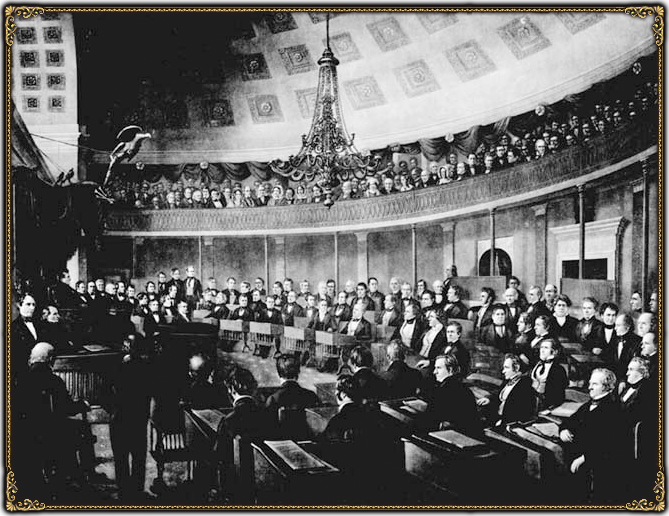
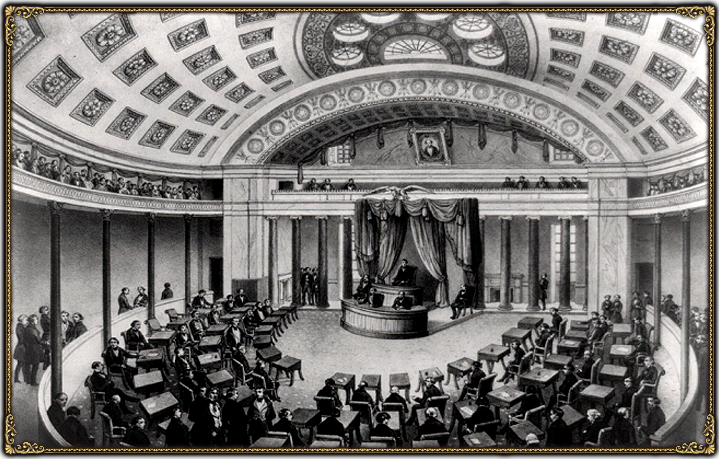
Great! The one time the Free Soil Party wins an election they get thrown out!
Ah well, I do suppose this will spell the demise of the party, but its interesting since Lincoln is slotted as the next President, and he was a Whig before being a Republican. And since its 1853 (1 year before the historic GOP forms), will the Whigs be sticking around any longer?
Excellent update though I think you just stabbed the abolition movement to death.
Great! The one time the Free Soil Party wins an election they get thrown out!
rorlegion said:I thought up this story when I got the idea from an "election fraud" event to combat the fact that more than half the southern states voted for the FSP in-game - something that makes no sense at all given the context of politics during the time and in the AAR. I also edited the game files to have the Republican Party unlock in 1854, but did not edit the file regarding the FSP and Whigs. I assume people will vote Republican, but I don't know what I'm going to do if people vote in the Whigs or the FSP again.
Nathan Madien said:It's their own fault. They should've nominated Ross Perot instead. :ninja:
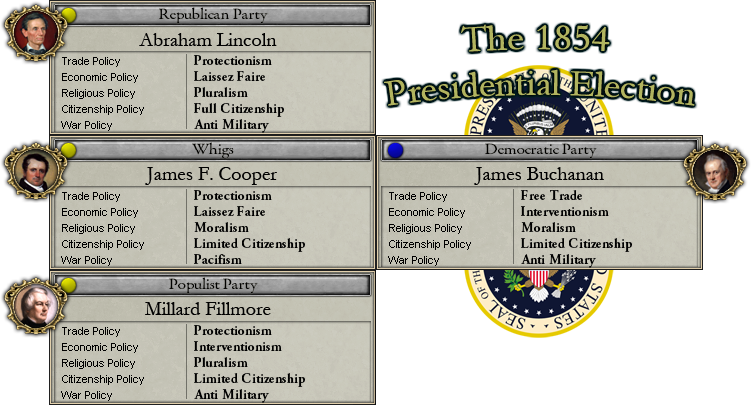
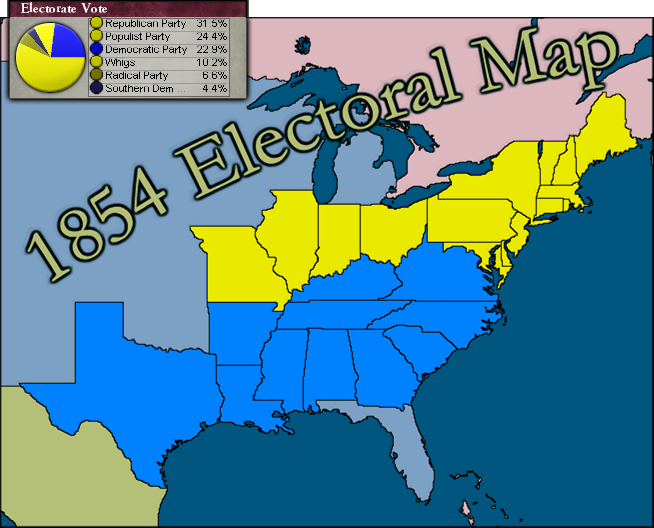
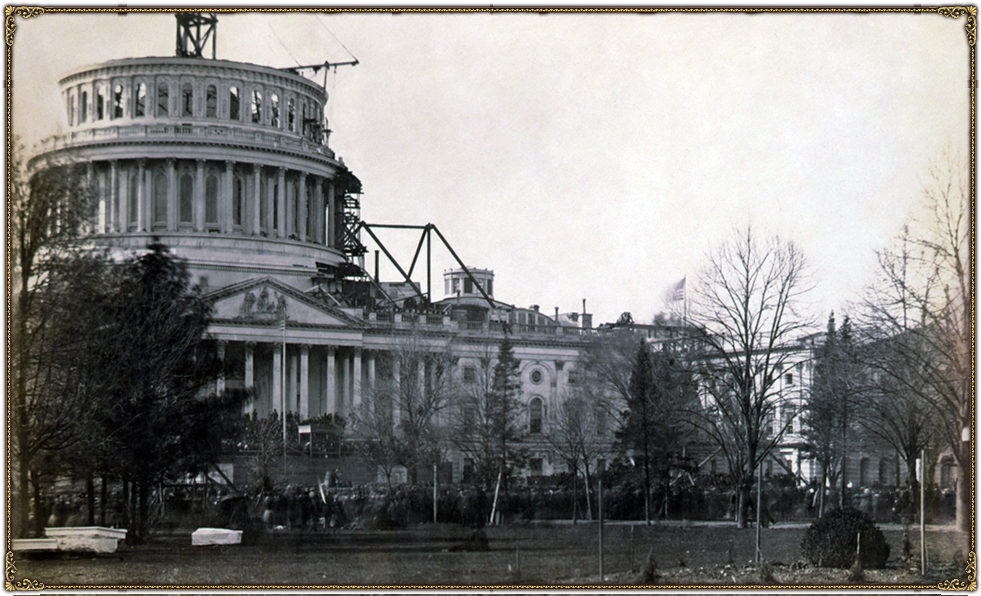
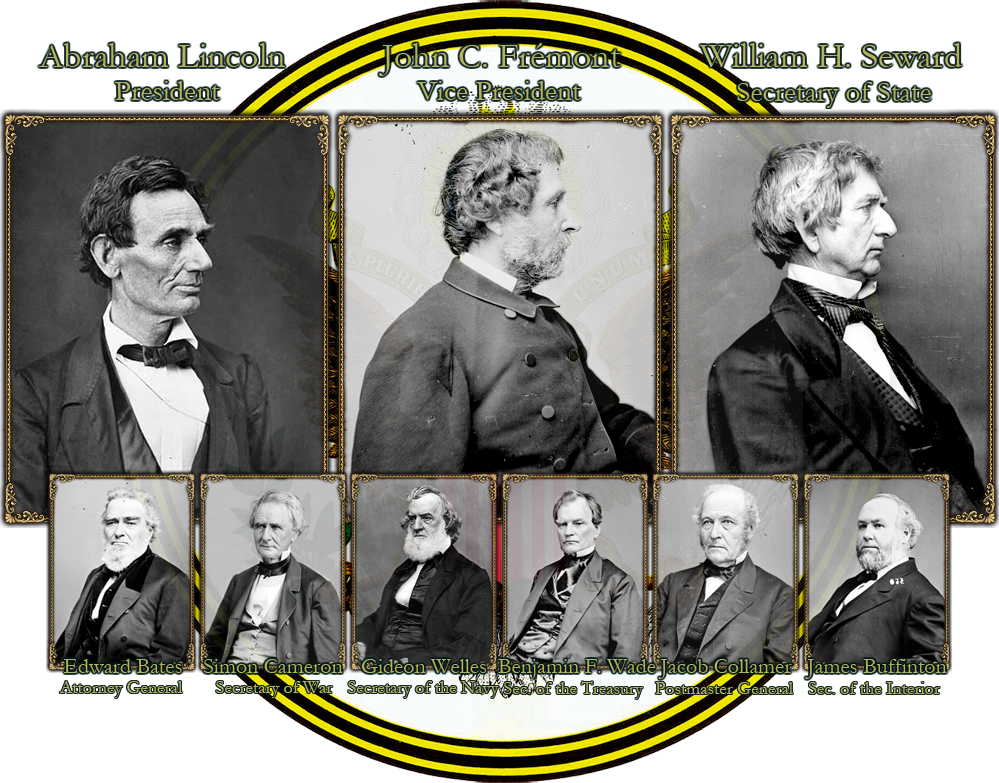

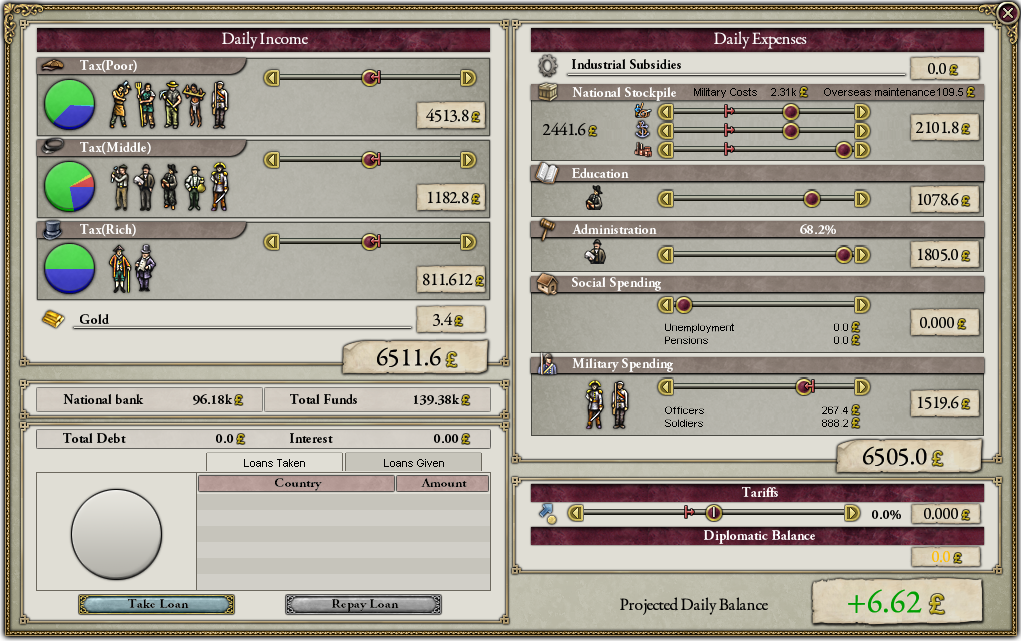
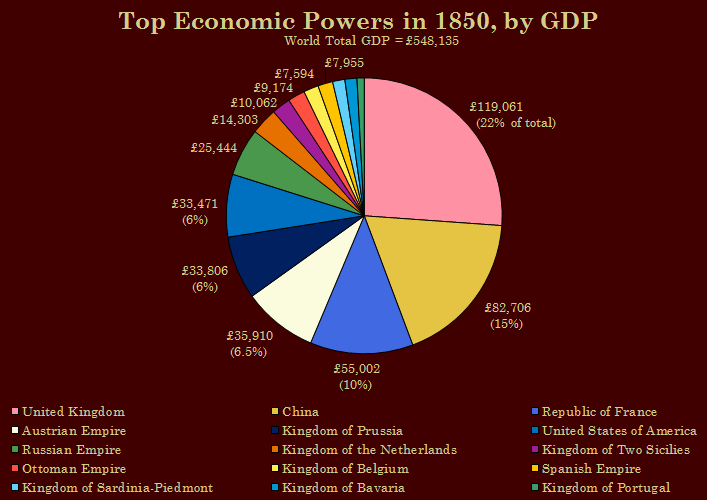
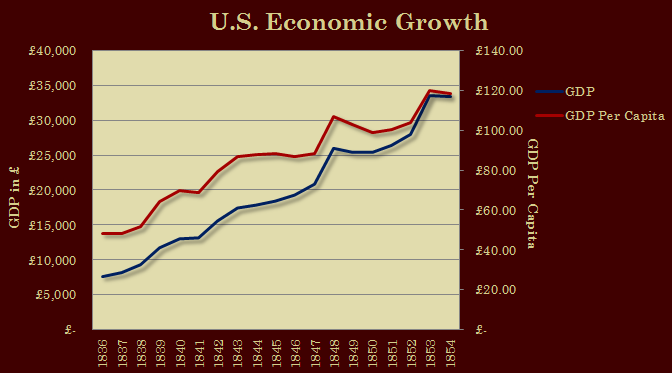
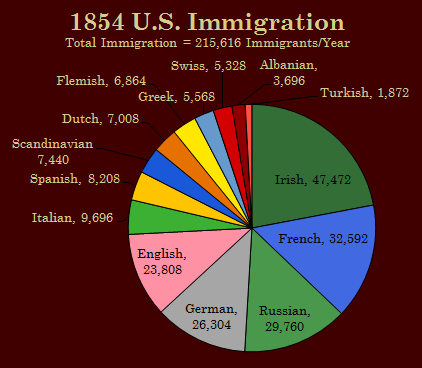
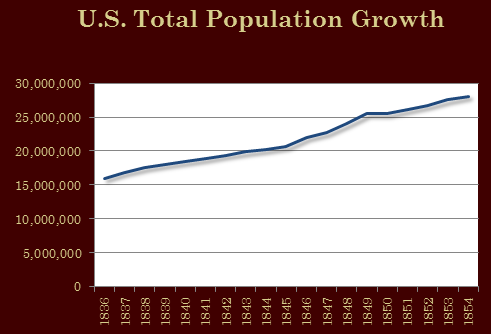
It's Abraham Lincoln. Surely everything will work out with him in charge, right?

